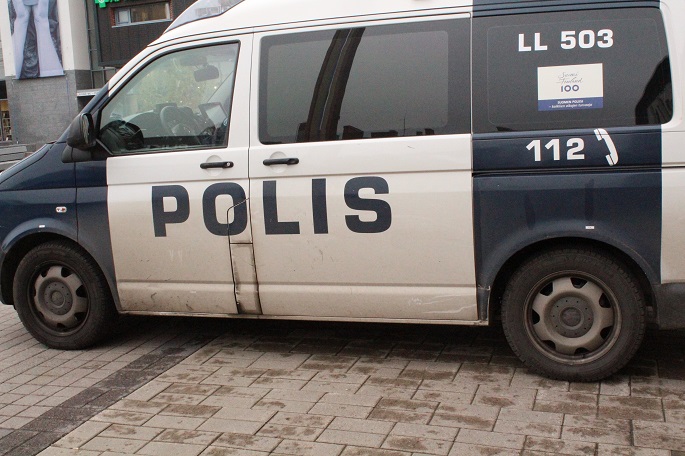Finland stops radicalization, extremism in systemic way
Published : 26 Sep 2017, 22:34
Updated : 27 Sep 2017, 10:13
An Action Plan sets short-term objectives, extending to the end of 2018, for preventing violent radicalisation and extremism.
The Ministry of the Interior on Tuesday published an annual report 2017 on the implementation of the National Action Plan for the Prevention of Violent Radicalisation and Extremism.
The objectives of the action plan including the identification of people returning from conflict areas and the detection and efficient investigation of hate crimes, have been achieved well, said an official press release.
The annual report describes the progress made with the implementation of the Action Plan, and assesses how the changes and trends that can be seen in violent radicalisation and in the operation of extremist groups can be expected to affect preventive efforts.
It also evaluates the progress made in implementing the 36 measures set out in the Action Plan, and describes how local cooperation groups established in the cities of Turku, Tampere, Oulu and Helsinki are working.
The annual report was compiled by the National Cooperation Network established by the Ministry of the Interior. The Network prepares a follow-up report annually to evaluate the progress made with the implementation of the Action Plan. The next report will be published in summer 2018.
The number of terrorist attacks has increased in Europe, and there have also been changes in the threat of violent radicalisation.
The report states that the violent extremist propaganda, fake news and disinformation spread by terrorist organisations, hate speech and the volume of hate crime, which increased considerably in 2015, all strengthen the seedbed for violent radicalisation and extremism.
The focus of preventing violent radicalisation and extremism has shifted to questions related to individuals returning from the combat zones in Syria and Iraq. In the prevention of violent radicalisation and extremism, lone actors now form an even bigger challenge, and it is difficult to prevent their actions. Countering hate speech and hate crime is therefore an important part of preventive work.
Improving the capabilities of the education sector to prevent violent radicalisation and extremism has been one of the priorities of the National Cooperation Network in 2016 and 2017.
The Finnish education system has been ranked as one of the best in the world, and Finland is also faced with international expectations to develop good practices for educational institutions. What makes the role of the education sector even more important is the fact that even younger people become violently radicalised and are suspected of committing terrorist offences.


